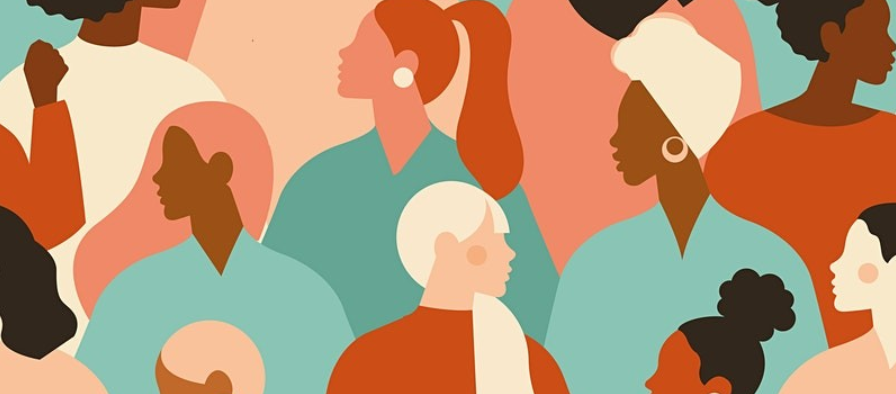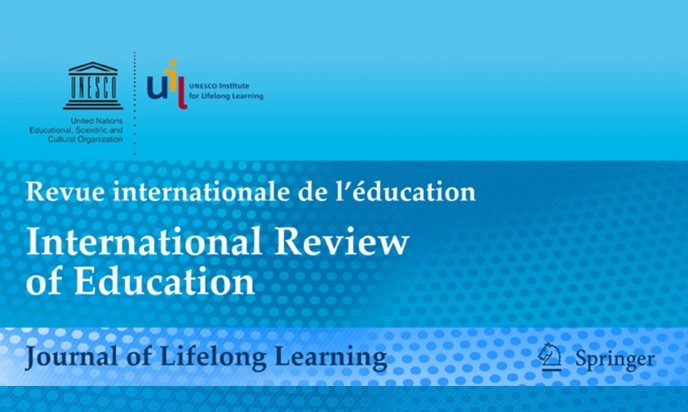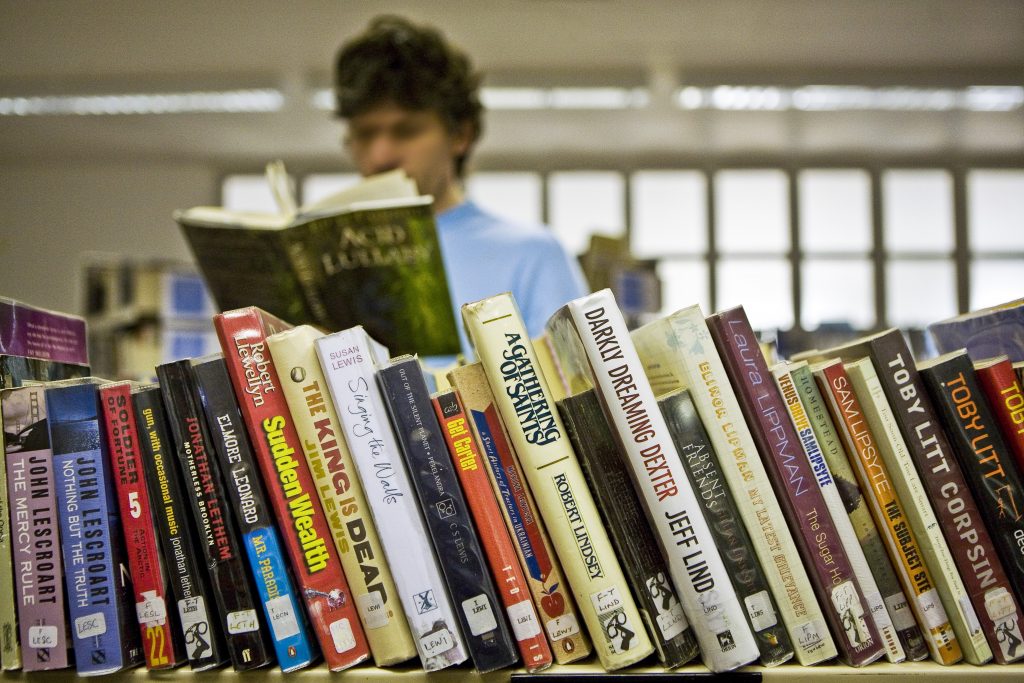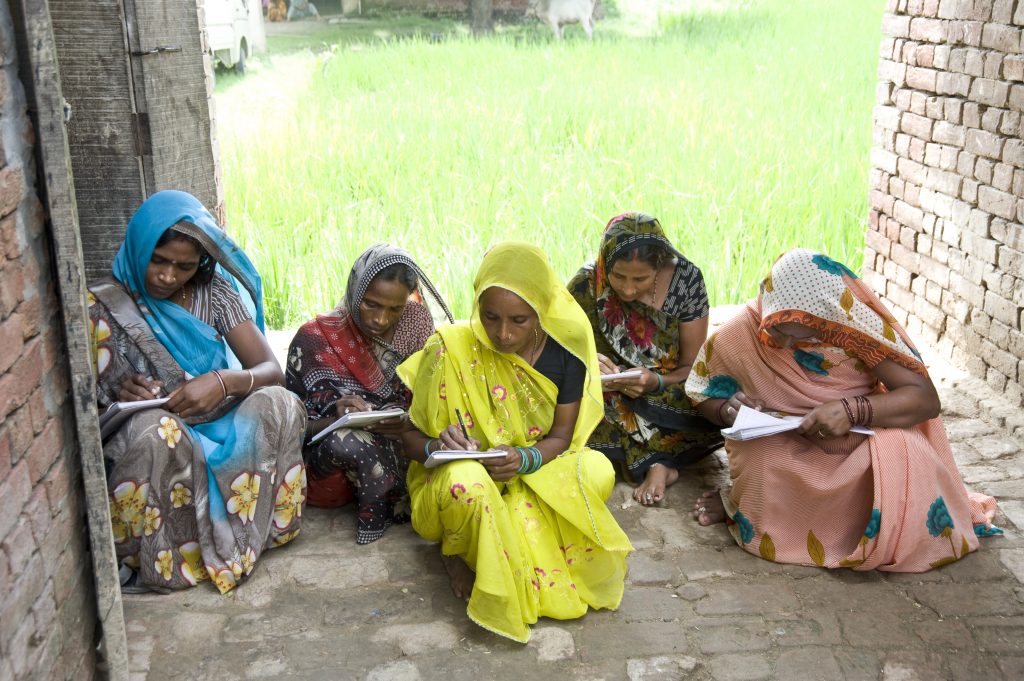The move to online learning during the pandemic has disadvantaged women who typically have less access to online and digital technology than men. As the world marks International Women’s Day, Annapurna Ayyappan and Samah Shalaby reflect on how we might begin bridging this divide

This year, International Women’s Day falls at a critical time, as the world confronts the unprecedented educational challenges of the COVID-19 crisis. To ensure learning continuity, most of the world has rapidly adopted emergency approaches, particularly through a shift to online learning. However, a large number of learners are still being left behind. While the shift to online has demonstrated the usefulness of technology in advancing learning opportunities, it has also revealed gaps in education systems, including in non-formal adult education. This post highlights one particular gap which jeopardizes equitable access to learning and the empowerment of half the world’s population – the gender digital divide.
Worldwide, women are less likely to know how to operate a smartphone, navigate the internet, use social media and understand how to safeguard information in digital media. This lack of digital skills is apparent from the lowest skill proficiency levels, such as using applications on mobile phones to the advanced skills such as coding computer software. In addition to the lack of digital skills, women are confronted with various barriers to digital access, such as affordability, social and cultural norms, financial independence, and cyber safety. This lack of access and skills is more severe among the women who are older and/or less educated than their peers, poor, or living in rural areas and developing countries. Thus, the digital skills gap intersects with, and is compounded by, issues of poverty and educational access. Continue reading









